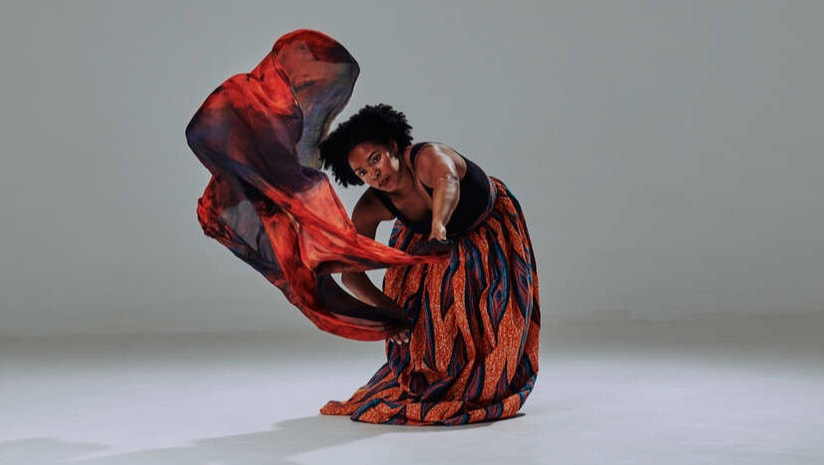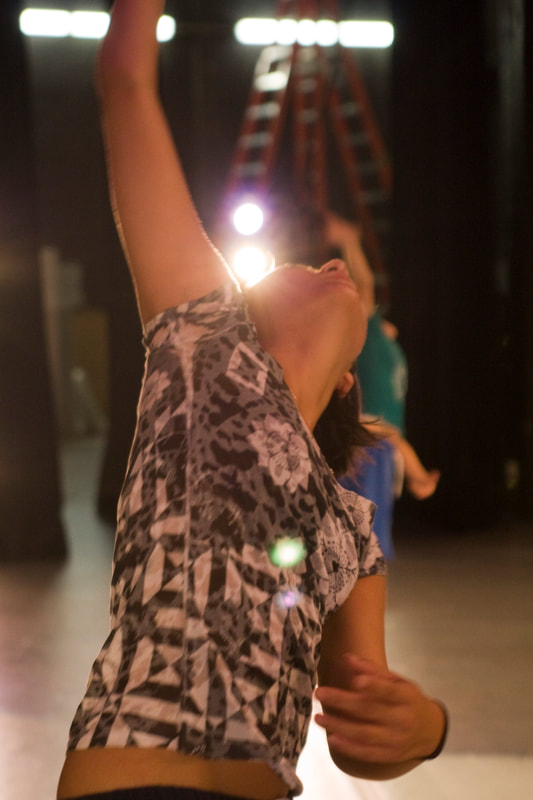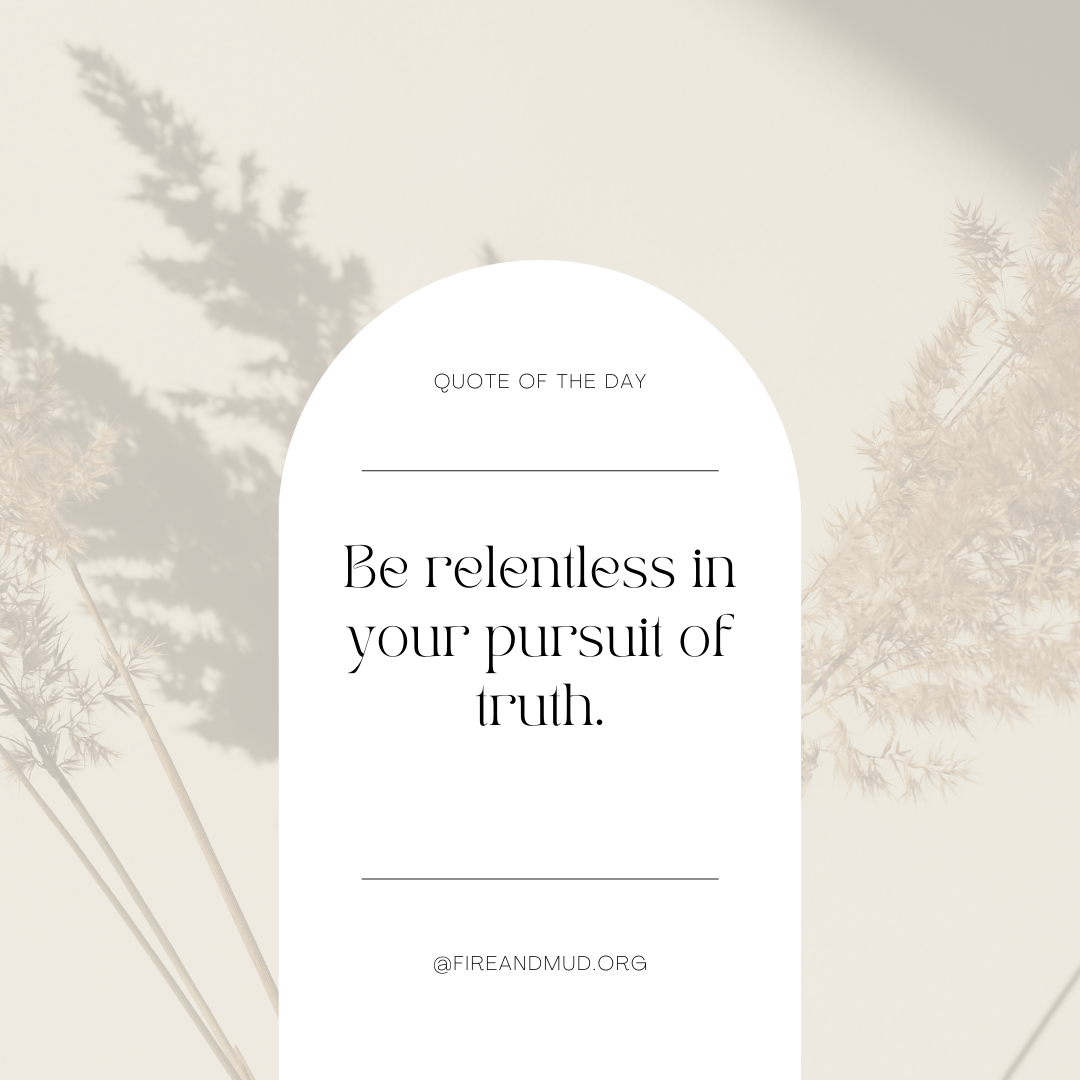|
by rachel bruce johnson when you are moving through life....God's care is constant. when you are stuck...God's care is constant. when time doesn't matter...God's care is constant. when time is crucial...God's care is constant. when emotions change your response...God's care is constant. when emotions overpower in circumstance...God's care is constant. when you see things as precious...God's care is constant. when you take them for granted...God's care is constant. when you are focused...God's care is constant. when you are rebellious...God's care is constant. when you are amiable...God's care is constant. when you are resistant...God's care is constant. when you are content...God's care is constant. PC: Nathan Harmon, artist: Teresha Ozovehe, artisen scarf: Creative Worship Designs
0 Comments
The movement rocks me back and forth like a wave swaying an abandoned ball in the surf. Movement that would be lost otherwise. The place is empty until its not. The space is quiet until the creators move in and the atmosphere changes...the moment has arrived when we assemble to create, to share, to move together.
There is a way to ‘do justice’ and a way not to ‘do justice’…..The latter, labeled Social Justice B* by Thaddeus Williams in his book, Confronting Injustice Without Compromising Truth, rewires the brain away from the love, joy, peace, patience, kindness, gentleness, goodness, faithfulness, self-control, and instead toward suspicion, rage, self-righteousness and always assuming the worst of other people’s motives. One’s modus operandi becomes a vicious self-fulfilling prophecy that automatically blames “the system”. This keeps people exhausted, depressed, and riddled with anxiety. It employs catastrophic thinking** that is wreaking havoc in our very bodies.
In an article in The Atlantic titled, The Coddling of the American Mind: In the name of emotional well-being, college students are increasingly demanding protection from words and ideas they don’t like. Here’s why that’s disastrous for education—and mental health, Greg Lukianoff and Jonathan Haidt write a lengthy article in query of our current practices to understand the emotional cloud of the day, specifically on college campuses. While I’ve seen, first-hand, these trends on the university campus I worked on for 13 years, I believe it applicable to other areas of societal interaction, in short, where any relationships occur between non-like-minded people. The following are some quotes pulled at salient moments of the article for further comment or application, however the full article is linked below. I do want to note that within this article and suggested by The Atlantic in the postscript are more linked articles studying the reaction to this original article. They are equally fascinating and troubling in this time in our society’s reckoning with the consequences of secularism. Shame and Honor “…culture devoted to policing speech and punishing speakers is likely to engender patterns of thought that are surprisingly similar to those long identified by cognitive behavioral therapists as causes of depression and anxiety. The new protectiveness may be teaching students to think pathologically.” This quote stood out as I recall experiencing some of these symptoms myself as a deeply feeling person. Even though practicing empathy can be a strength, I have often struggled with taking on the offenses of others to the detriment of logical and helpful thinking and actions. Caught up in the pain of others, I sometimes fail to see that a practice of shame and honor as we punish or reward others for their thoughts and “stances” only leads to a deeply flawed sense of self-righteousness. We can easily leave the realm of “putting ourselves in others’ shoes” or “weeping with those that weep” and find ourselves on the grounds of hopeless and constant, unconstructive judgement of others’ motives and guessing about their biases, and, frankly, a state of perpetual anger; the unhelpful kind, the kind that eats at your spirit. It is a veritable mass of quicksand that can destroy our own sense of purpose to the greater good in the world as we spiral into thinking that nothing will ever change unless I am always on the defensive and fighting. No wonder so many are so exhausted and tired. The Insolent Veracity of Tribalism “A principle of moral psychology is that “morality binds and blinds.” Part of what we do when we make moral judgments is express allegiance to a team. But that can interfere with our ability to think critically. Acknowledging that the other side’s viewpoint has any merit is risky—your teammates may see you as a traitor.” Critical thinking is about asking critical questions. These types of questions do not inherently imbue allegiance and yet, we as humans, seem to always be assigning allegiance based on the questions being asked. There need not be a “team” chosen. If we are really interested in the truth of a problem, the root of the problem, and the solving of that problem, we must be courageous enough to ask critical questions and stop vilifying those that ask them. At the same time, we shouldn’t make the mistake of underestimating the pull of mob-mentality. Keeping this in mind for ourselves as well as for others may help assist us to deflect any hostility lobbed in your direction for questions asked. The cure is that “critical thinking requires grounding one’s beliefs in evidence rather than in emotion or desire…” Exposure Is Not a Dirty Word Emotional reasoning as assuming “that your negative emotions necessarily reflect the way things really are: ‘I feel it; therefore, it must be true.’” “If our universities are teaching students that their emotions can be used effectively as weapons—or at least as evidence in administrative proceedings—then they are teaching students to nurture a kind of hypersensitivity that will lead them into countless drawn-out conflicts in college and beyond. Schools may be training students in thinking styles that will damage their careers and friendships, along with their mental health.” There is no good to come of this if we are to endeavor to be a society at all let alone a good society; a non-toxic society. We are undermining the value and necessity of community when we train ourselves to be hypersensitive to our negative feelings. This practice dismisses our human nature to be wrong, to assume and to jump to conclusions and then we have, in effect, burned the bridge we are standing on. What good is this and what good will it do the world to devolve in this way? The fix is willful exposure to critical thinking, or as queued by Biblical Scripture, ‘iron sharpening iron’. From Storytelling to Propaganda “People acquire their fears not just from their own past experiences, but from social learning as well. If everyone around you acts as though something is dangerous—elevators, certain neighborhoods, novels depicting racism—then you are at risk of acquiring that fear too.” Fear can be a healthy indicator to flee or an intuitive flag to avoid danger so there needs to be some practice in discernment here. This is a process-driven pursuit and it is intentional. It also requires wisdom which people have in varying supply, although I hold that it can be nurtured, especially in generational relationship with those younger and older than oneself. However, I think we are at a critical juncture in our society where it would behoove us to reflect on the kinds of culture we are making. There is storytelling and then there is propaganda. It takes wisdom and nuance to recognize both. The prescription is to tell stories with the substance of what is good, true and beautiful even when ugly details are necessary. We ought not re-enforce stereotypes and propaganda that would perpetuate ruts of thinking and drive us further apart. The truth is there are neighborhoods that are unsafe but there are also decent people living in those neighborhoods if we are willing to sit with their stories, their needs and their redemptive potential as we remind ourselves that we all fall short of God’s glory. Silence is Violence or Speech is Violence, which is it? “When speech comes to be seen as a form of violence, vindictive protectiveness can justify a hostile, and perhaps even violent, response.” “… the increased focus on microaggressions coupled with the endorsement of emotional reasoning is a formula for a constant state of outrage, even toward well-meaning speakers trying to engage in genuine discussion.” I was encouraged one time to cull out the word ‘expose’ (as in, ‘it is an enriching pursuit to expose children to the arts.’) from an MC speech before a performance due to its negative and triggering connotations. The word very well might illicit a negative or triggering response to someone who has suffered trauma, however, this uncovering of wounds is the very way we, as humans, know there is healing to be pursued. However, exposure is not always a bad thing. If not for ‘exposure’, we would never taste the sweetness of raisins. Regardless, words can hurt, yet justifying responsive violence to speech and efforts to curtail any such pain from words is both inane and, again, undermines free thought. You cannot do justice by committing injustice. The following quote says it all: “If campus culture conveys the idea that visitors must be pure, with résumés that never offend generally left-leaning campus sensibilities, then higher education will have taken a further step toward intellectual homogeneity and the creation of an environment in which students rarely encounter diverse viewpoints. And universities will have reinforced the belief that it’s okay to filter out the positive. If students graduate believing that they can learn nothing from people they dislike or from those with whom they disagree, we will have done them a great intellectual disservice.” Tethered to the Wind “One of the great truths taught by Buddhism (and Stoicism, Hinduism, and many other traditions) is that you can never achieve happiness by making the world conform to your desires. But you can master your desires and habits of thought. This, of course, is the goal of cognitive behavioral therapy.” This is also the reasoning behind the Christian teaching to “take every thought captive” and make it subject to God’s truth. God sets the objective standard for measuring the thoughts and feelings that will or will not overwhelm your life. For the Christian, God sets those boundaries based on what our Creator knows of His creation - us. He also sets the bar in a place higher than happiness because happiness should never be the goal. Contentedness, rather, frees humans from their own thoughts and feelings tossing them psychologically and emotionally to and fro, as being tethered to the wind. We are much more stable and unshakeable when we know how to master thoughts and emotions and make them yield to reality. Take Back Ground Lost in our Bodies “The presumption that students need to be protected rather than challenged in a classroom is at once infantilizing and anti-intellectual.”
“It would also tone down the perpetual state of outrage that seems to engulf some colleges these days, allowing students’ minds to open more widely to new ideas and new people.” The cure for this is, as Lukianoff & Haidt draw together, the willful practice of critical thinking, and “critical thinking requires grounding one’s beliefs in evidence rather than in emotion or desire…” In addition to developing critical thinking skills, Lukianoff and Haidt draw the line to cognitive behavioral therapy. This has a Biblical precedent so we can take back ground lost in our bodies; ground lost to anxiety, depression, rage, and resentment and by taking “every thought captive” and making it subject to God’s truth. We are holistic beings with a body and a soul, so shouldn’t we approach our lives holistically as well by resisting the ignoring of our bodies when becoming burdened with such symptoms? I want to encourage everyone to pay attention to adverse symptoms in the body. It is crucial that we live fully as the embodied persons that we were meant to be; to be fully connected between the body, mind and spirit in a way that journeys toward thriving rather than devolving into alienated communities of one. I also want to encourage parents to consider these points and teach your children critical thinking skills. Sign them up for debate, teach them to be brave, carve out time for lengthy conversations, initiate ‘no question too stupid’ night, and nurture them into people that seek truth above personal comfort. You are not alone and the effort is worth it. **THE CODDLING OF THE AMERICAN MIND By Greg Lukianoff and Jonathan Haidt https://www.theatlantic.com/magazine/archive/2015/09/the-coddling-of-the-american-mind/399356/?fbclid=IwAR0_4kzItvAU4suQMoXjRSTU38f1QURHPNHJyJbP06-ihjZwHBzXorjdjD |
photo by Jeanne S. Mam-Luft
AuthorI'm a Christ-follower, passionate about moving in truth/love and intellectual rigor through all things faith + art. A professional Dance Artist and fancying myself an amateur Christian Apologist, I’m committed to moving in the liminal space between catastrophic reverence of God and a quaking humility that intentionally keeps the tremors of Grace close at hand. Archives
April 2024
Categories |




 RSS Feed
RSS Feed